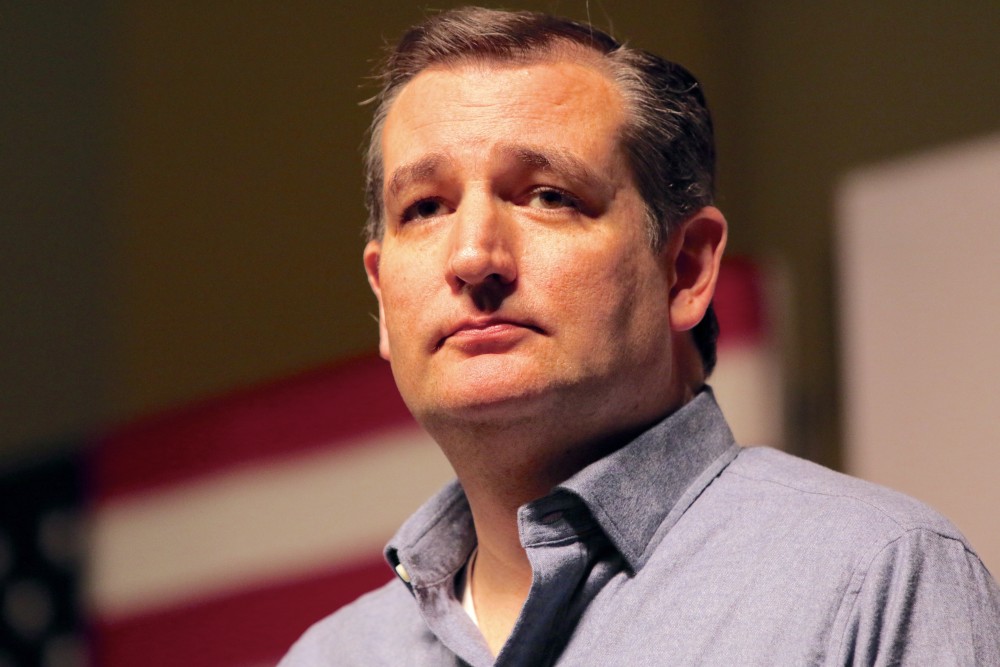
By JIM SAUNDERS
THE NEWS SERVICE OF FLORIDA
After repeatedly clashing with Republican front-runner Donald Trump during the campaign, former Florida Gov. Jeb Bush on Wednesday endorsed Ted Cruz in the battle for the GOP presidential nomination.
Bush made the announcement a little more than a month after dropping his bid for the presidency and about a week after Trump won 66 of the 67 counties in Florida’s Republican primary. The support for Cruz, a Texas senator, came as party leaders frantically try to head off the billionaire Trump, whose controversial outsider campaign has drawn support across the country among GOP voters.
In a prepared statement, Bush described Cruz as “a consistent, principled conservative who has demonstrated the ability to appeal to voters and win primary contests.”
But Bush also pointedly raised the concern of many party leaders that Trump would turn off general-election voters and keep a Democrat in the White House.
“For the sake of our party and country, we must move to overcome the divisiveness and vulgarity Donald Trump has brought into the political arena, or we will certainly lose our chance to defeat the Democratic nominee and reverse President Obama’s failed policies,” Bush said. “To win, Republicans need to make this election about proposing solutions to the many challenges we face, and I believe that we should vote for Ted as he will do just that.”
Bush was widely seen as the establishment favorite for the nomination, piling up endorsements and contributions. But he fared poorly in early states and dropped out of the race Feb. 20.
The two-term Florida governor was the frequent target of Trump’s attacks. Perhaps most notably, Trump described Bush as “low energy,” a description that got widespread attention and dogged Bush, who appeared more comfortable discussing policy issues than getting dragged into the noisy back-and-forth arguments that have played a major role in the GOP campaign.
Wednesday’s announcement came the morning after Trump won the Arizona primary and Cruz won the Utah caucus. As another example of how Republican leaders have lined up against Trump, 2012 presidential nominee Mitt Romney announced last week that he would vote for Cruz in the Utah caucus. Also, South Carolina Sen. Lindsey Graham, who dropped out of this year’s presidential race and then supported Bush, said he would back Cruz.
Ohio Gov. John Kasich also remains in the Republican race but is far behind Trump and Cruz in delegates. Bush’s statement did not mention Kasich.
Cruz said he was “truly honored” to have Bush’s backing.
“His endorsement today is further evidence that Republicans are continuing to unite behind our campaign to nominate a proven conservative to defeat Hillary Clinton in November, take back the White House, and ensure a freer and more prosperous America for future generations,” Cruz said in a prepared statement.



